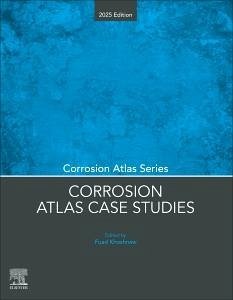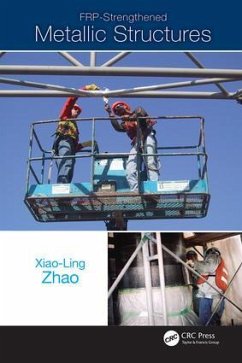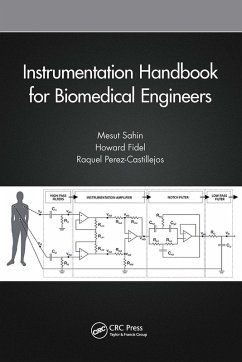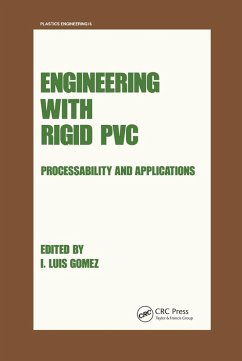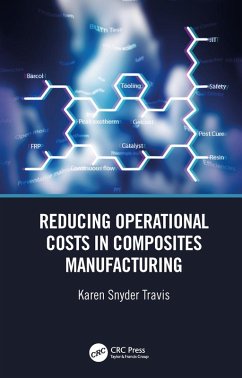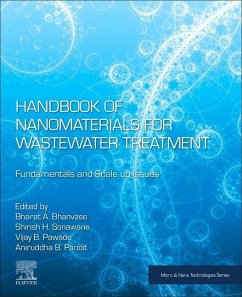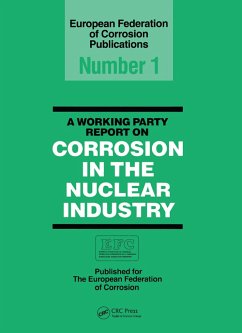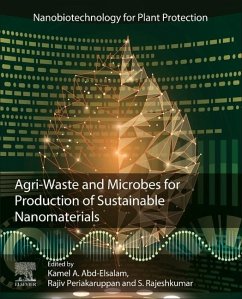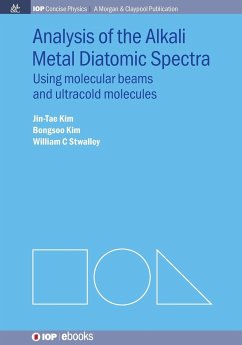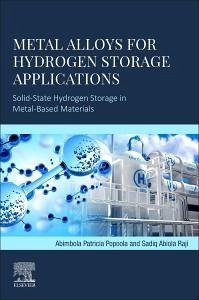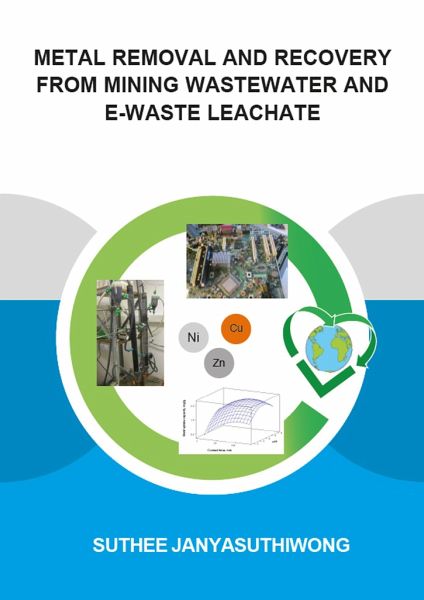
Metal Removal and Recovery from Mining Wastewater and E-Waste Leachate
Versandkostenfrei!
Versandfertig in über 4 Wochen
73,99 €
inkl. MwSt.

PAYBACK Punkte
37 °P sammeln!
As industrialization and technology advancement rapidly increase, the global metal reservoir has been decreasing significantly along with high load of metal contaminated waste stream generation. Sustainable resource management has played a major role in many political decisions in which the idea to recover metals from waste stream was generated. This work provides the idea of metal recovery using a biological approach which is cost effective and less hazardous than chemical ones.



